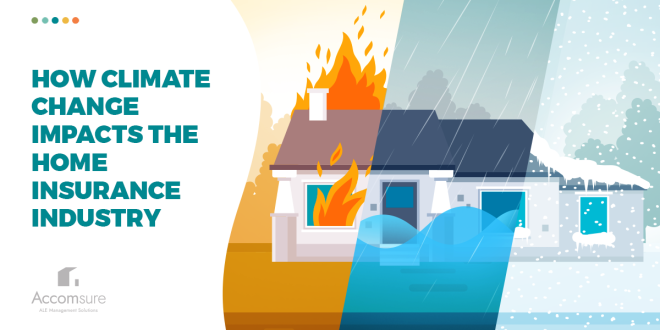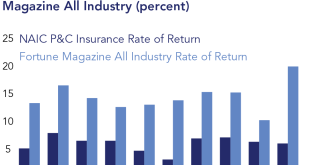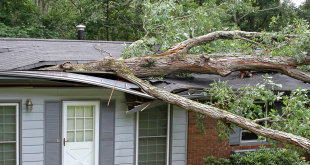Climate change is no longer some far-off problem for future generations to worry about. Nope, it’s hitting us right here, right now. And guess who’s feeling the heat? The home insurance industry. From monster hurricanes to raging wildfires and relentless floods, extreme weather events are causing payouts to skyrocket. This is turning risk assessment on its head, and forcing insurance companies to either shape up or ship out. Let’s dive into how climate change is shaking up the home insurance world, the hurdles they’re facing, how they’re trying to adapt, and what solutions might be on the horizon.
Rising Claims and Financial Strain
Increased Frequency of Extreme Weather Events
Okay, so the most obvious way climate change is messing with home insurance? The sheer number of extreme weather events we’re seeing. Coastal properties? Sitting ducks for rising sea levels and increasingly angry hurricanes. And inland? Wildfires, droughts, floods – you name it, they’re getting hit. More events mean more claims, which means insurers are bleeding money. Not a good look, right?
Impact on Insurance Premiums
And who ends up footing the bill? You guessed it: us, the homeowners. As claims go up, so do insurance premiums. If you live in a high-risk area, you’re probably already seeing your rates skyrocket. It’s getting to the point where owning a home is becoming unaffordable for some. And in some really extreme cases, insurers are pulling out altogether, creating these “insurance deserts” where finding affordable coverage is like finding a unicorn. Seriously, what’s a homeowner to do?
Adapting Risk Models and Underwriting Practices
Limitations of Historical Data
Here’s the thing: insurance companies usually rely on past data to predict future risks. Makes sense, right? But climate change is throwing a wrench in the works. It’s making those old patterns unreliable. It’s like trying to predict the stock market based on last year’s trends – good luck with that! Insurers need to seriously up their game and develop smarter models that can actually account for our changing climate and its unpredictable weather.
Incorporating Climate Projections
So, how do you future-proof your underwriting? By getting cozy with climate scientists! Insurers need to start using climate projections in their risk assessments. Seriously. They need to figure out future trends and build predictive models that factor in all these new climate variables. It’s the only way to accurately assess risk and price policies fairly. It’s kind of like trying to navigate without a map in a new city versus having a GPS, which one is better?
Investing in Mitigation Strategies
But wait, there’s more! Insurers can actually play a proactive role here. They can incentivize homeowners to invest in things that make their homes more resilient. Think discounts for flood defenses, wildfire-resistant roofing, or energy-efficient upgrades. Not only does this reduce the risk of damage, but it also helps fight climate change in general. It’s a win-win, really.
The Role of Government and Regulation
Strengthening Building Codes and Infrastructure
Governments can’t just sit on the sidelines here. They need to step up and strengthen building codes and invest in infrastructure that can actually withstand these climate change impacts. We’re talking about building stronger infrastructure, implementing stricter building codes in vulnerable areas, and investing in flood control and wildfire prevention. It’s a big job, but it’s gotta be done.
Public-Private Partnerships
Let’s be real, tackling climate change is a team effort. We need the public and private sectors working together. These partnerships can help fund research, develop new solutions, and make sure that insurance stays affordable for everyone, especially those living in high-risk areas. We’re all in this together, right?
The Future of Home Insurance in a Changing Climate
Technological Innovations
Technology is going to be huge in shaping the future. Drones for damage assessment? Absolutely. AI to predict risks? You bet. Smart home tech that can detect leaks or fires? Sign me up! All these innovations can help reduce claims and improve risk management. It’s like having a high-tech superhero protecting your home.
A Shift Towards Resilience
The insurance industry is finally realizing that resilience is key. It’s not just about paying out after a disaster; it’s about helping homeowners take steps to prevent disasters in the first place. The future isn’t just about recovering; it’s about preventing. It’s about empowering people to take control and adapt to this changing climate. I think we can all agree, that is a pretty awesome idea.
So, where does all this leave us? The home insurance industry is facing some serious challenges, no doubt. But with adaptation, innovation, and a little help from the government, it can navigate this new landscape and continue to provide homeowners with the protection they need. What do you think? Are you ready to take steps to protect your home and help build a more resilient future? I know I am. Maybe start by checking out some of those resilience upgrades. You never know, it might just save you a bundle in the long run.
 seeme
seeme




